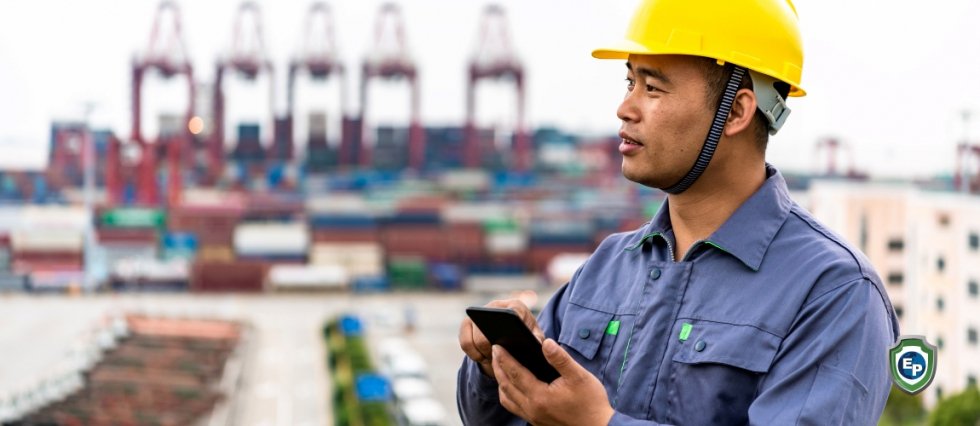15 Asian Nations Form the Biggest Trade Pact on Earth
15 Asia-Pacific nations have officially formed the Regional Comprehensive Economic Partnership (RCEP) after years of negotiation. Here's what the new partnership offers.

15 Asia-Pacific countries, including major economic players like China, Japan, South Korea, Australia, and New Zealand, have come together to form the Regional Comprehensive Economic Partnership (RCEP). This partnership is currently the world's biggest free trade deal and aims to speed up recovery from the COVID-19 pandemic.
The Largest Trade Agreement in History
Although the negotiations for the deal initially started in 2012, it was finally implemented in the latter half of 2020. It comprises 20 chapters, including provisions for trade in goods, rules of origin, customs procedures, sanitary measures, e-commerce, small business, government procurement, and dispute settlement. Together, the RCEP nations have a combined GDP of more than $26.2 trillion, which is about 30% of the world's GDP. The trade between the RCEP nations also accounts for about 28% of world trade.
Thus, some believe it could put international companies that are not a part of this deal at a disadvantage, especially since former President Donald Trump withdrew from the Trans-Pacific Partnership (TPP). India, which was initially part of the negotiations, also withdrew from the agreement but has maintained a right to join at a later stage.

The Implications of the Deal Are Not Yet Clear
China has called the deal a historic breakthrough, but Western observers are looking at it more critically. There are no details on which products and countries would see an immediate reduction in tariffs, and it is not clear when those tariff reductions will be applied. Moreover, while a trade deal might be a good step forward to building better relationships, it does not take away the fact that there are ongoing conflicts between some ASEAN nations and China regarding the South China Sea and trade disputes between Japan and China.
Human rights organizations have also raised concerns over the agreement, saying it could hurt small-scale farmers, cause land conflicts, and leave low-wage workers without protection as they become subject to increased competition. As of now, only time will tell whether the pact would bring more benefits than harm.
Stay Up-to-Date with Export Portal
For more information on international trade, make sure to check out Export Portal and enjoy all the benefits we have to offer today!






Comments 0